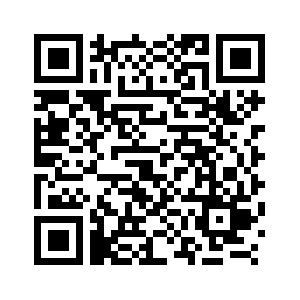ABUJA, Dec. 16 (Xinhua) -- The Central Bank of Nigeria (CBN) has said it would begin to checkmate and penalize deposit money banks and other financial institutions caught illegally disbursing funds to currency hawkers profiteering from the illicit trade of the naira, the country's legal tender.
In a statement made available to Xinhua in the national capital of Abuja Sunday, the CBN said local commercial banks caught in the act would face an initial fine of 150 million nairas (about 97,040 U.S. dollars), followed by severe penalties for repeated offenses under the country's Banks and Other Financial Institutions Act 2020.
Currency hawking has been a long practice that involved hawkers selling bundles of alluring new naira notes at exorbitant charges, especially to partygoers, who engage in the money-spraying practice in the West African country. This corrupt tradition has often caused the scarcity of banknotes, with currency sellers increasing the cost of buying freshly minted notes in line with demand, amid recent inflation.
The CBN said the act has recently undermined efficient cash distribution and posed risks to public confidence in the financial system, citing incidents of banks facilitating the illicit flow of fresh naira notes through direct actions or inactions.
The central bank said economic and financial crime investigators would intensify periodic spot checks at banking halls and automated teller machines nationwide while conducting mystery shopping exercises to identify locations where cash hawking activities occur.
As part of the broader efforts to curb illegal activities and ensure a transparent and effective currency distribution framework, the apex bank also urged local banks to tighten internal controls, particularly in their cash management centers, branches, and teller operations.
"Nigerians have recently faced growing frustration over their inability to access sufficient cash from banks. As a cash-dependent economy, many livelihoods and economic activities rely solely on cash transactions, which have now been severely disrupted," according to a recent report by PremiumTimesng.com, a local online newspaper. ■



